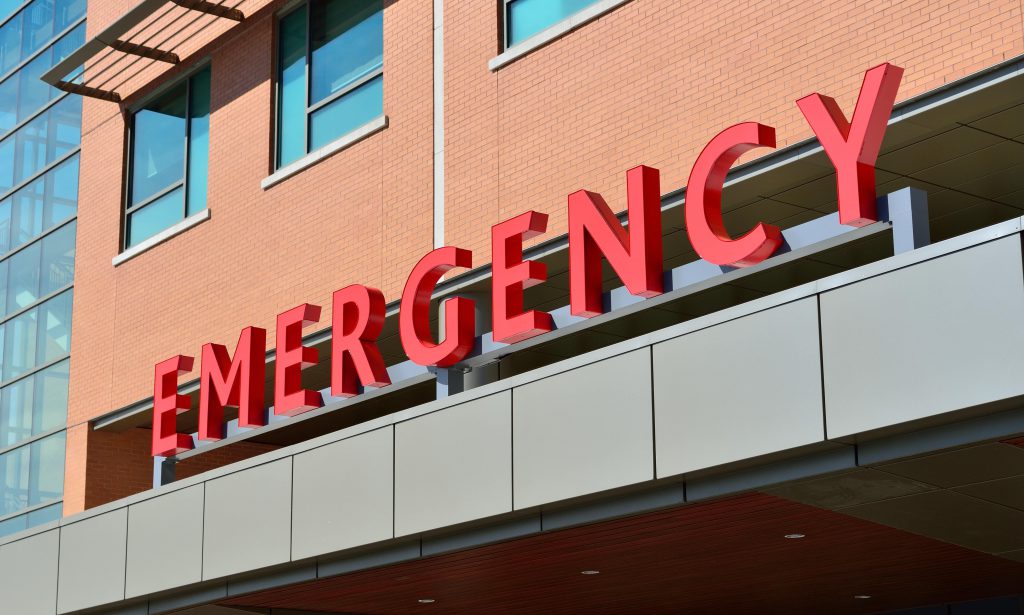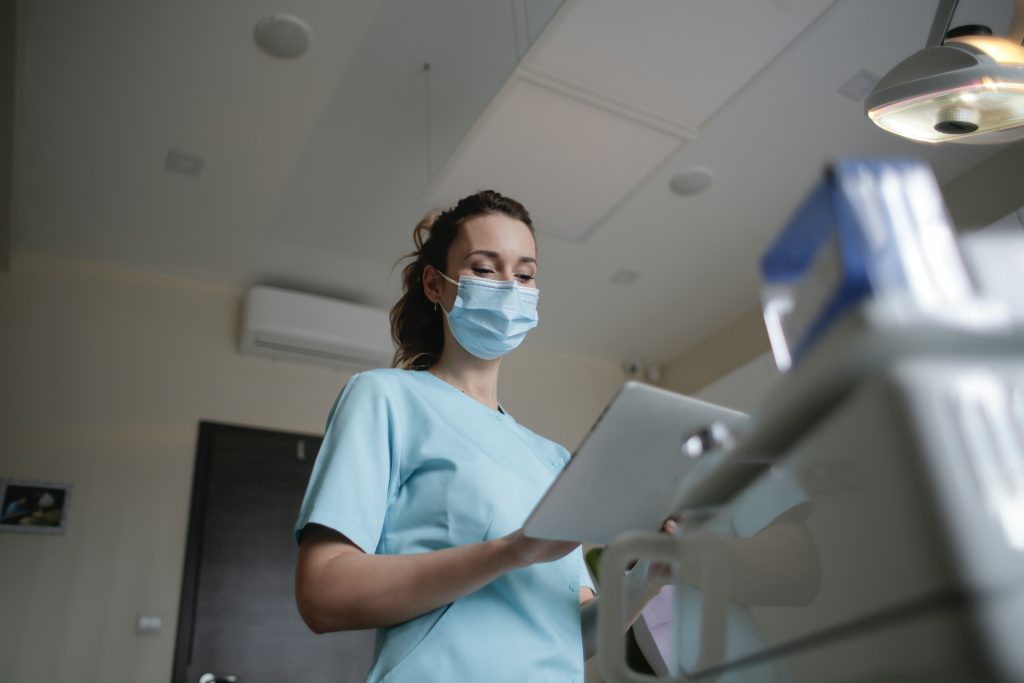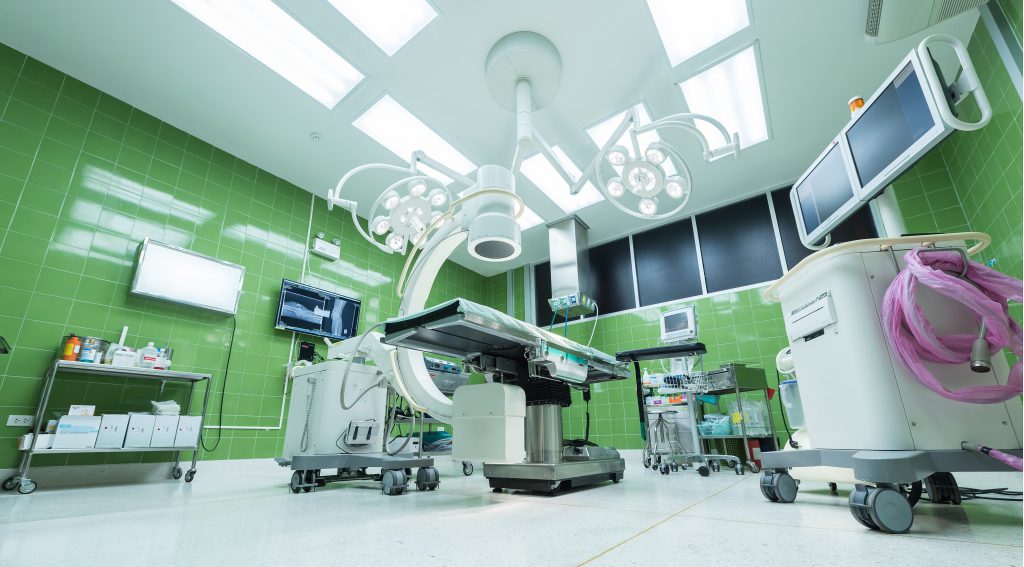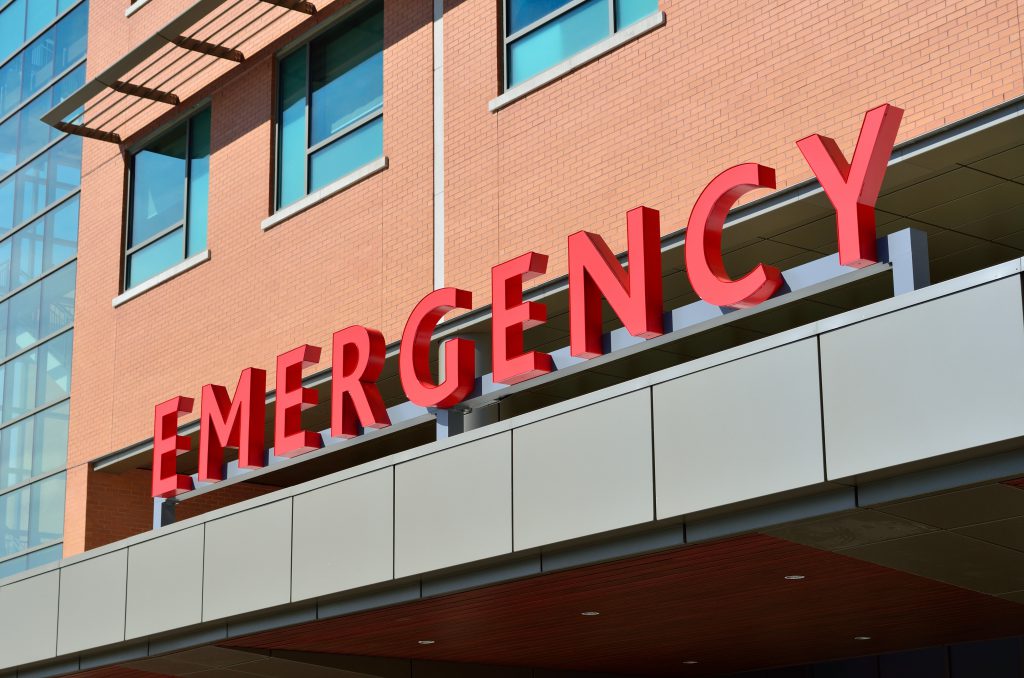
The healthcare sector makes serious investments in digitalization like every other sectors. Many new tools are coming to the agenda to be used in the diagnosis, treatment and following up of diseases and the healthcare sector entrusts its processes to technology. Healthcare, which is the sector with the lowest error tolerance, is among the sectors that invest the most in digital.
Healthcare groups that make their work more effective by including digital applications in their processes; also adapting location based services to the healthcare sector. Location-based technologies offer precise and safe solutions in many areas such as patient tracking and safety, equipment tracking and seizure arrangements. These regulations are highly preferred by hospital administrations as they help to minimize costs while improving hospital services.
Hospital services supported by location services takes the lead in many issues such as providing maximum personalized experience to patients, reducing contamination, reaching doctors and nurses faster, patient following when necessary (dementia patients, etc.), monitoring medicine and medical devices, and ensuring the safety of these devices.

We can examine the main benefits provided by location services to hospital processes in 3 main groups;
Patient / Companion Experience:
- Finding department, doctor, another patient
- Hospital directions (exits, elevators, sinks, cafeteria …)
- Navigation service compatible with the needs of disabled visitors
Operation:
- Tracking of visitor, doctor and employee visits for certain areas
- Transmitting warnings and notifications to visitors entering the specified areas
- Employee tracking to improve operations
- Patient following for emergency situations and process improvements
- Tracking the necessary medical devices and delivering them to patients in need
- Controlling medicine levels and storage area management
Security:
- Preventing the spread of infections and epidemics
- Tracking employee and patients for their security
- Following the patients in need and their relatives
- Protecting medical equipment against theft.

For now, these are the facilities that location-based technologies provide to hospital management. New ones will be added to these substances day by day and new technologies with wider usage areas will continue to emerge.
Contact us for current technologies, areas of use and how it will benefit your business.







